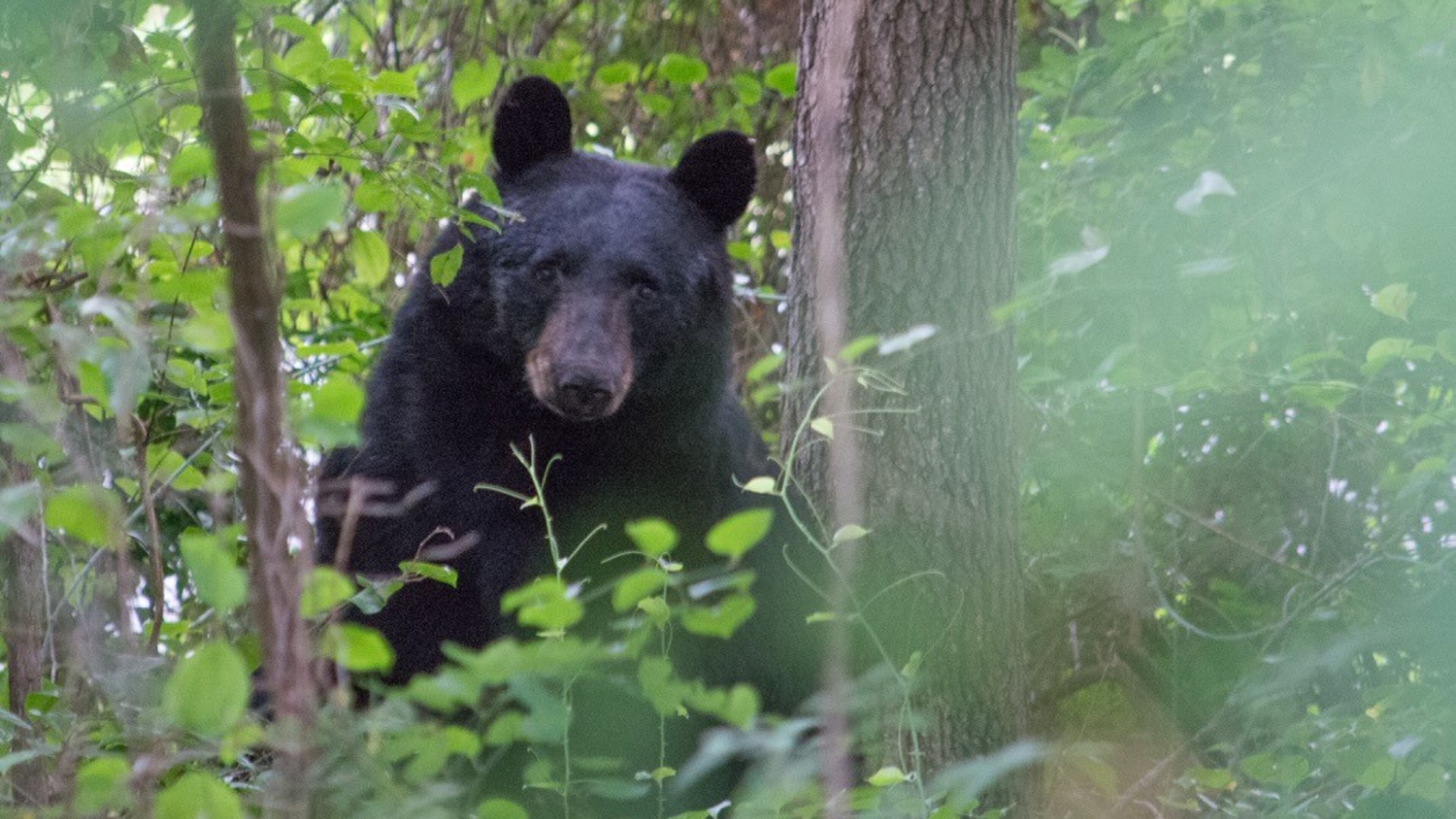American black bear struck, killed along Ga. 400 in Sandy Springs

An American black bear was hit and killed along Ga. 400 in Sandy Springs early Tuesday.
The bear was in the northbound lanes of the highway when it was struck by a vehicle around 3:45 a.m., Sandy Springs police spokesperson Sgt. Leon Millholland said. The driver was not injured, but the vehicle had extensive damage.
The animal’s remains were moved to the side of the road and the Georgia Department of Natural Resources was notified, Millholland said. DNR officials said they would collect the remains during the daytime.
“Citizens must remember that there are more bears around the Chattahoochee River than most realize,” Millholland said, adding that they are typically more active in summer months.
“If an individual comes in contact with a bear, do not approach and remove yourself safely from the area,” he said. “Also, citizens need to secure their trash.”
Shortly after midnight Tuesday, Dunwoody police said they received two calls reporting a black bear sighting about 10 miles away in the area of East Kings Point Circle.
“Black bears are generally not aggressive and try to avoid people,” Dunwoody police said. " DNR has been notified and advises everyone to avoid them and it should move out of the area in a couple days. Might be a good idea to secure any outside food sources. This can help move them out of the area.”
It is not clear if that was the same bear. Millholland said it would be impossible to know for sure, but that it is possible.
The black bear is the only bear found in Georgia, and it is “a conservation success story,” the DNR says on its website. It is not the most common bear in North America, but it was nearly eradicated from the state in the 1930s due to unregulated hunting and large-scale habitat loss.
“Sound wildlife management has restored Georgia’s black bears to a thriving population,” which is now estimated to be about 4,100, the DNR reports.
If you see a bear, here is what the DNR suggests you do, according to the “At Home BearWise Basics” guide:
» Never feed or approach bears: Feeding bears (intentionally or unintentionally) trains them to approach homes and people for more food. Bears will defend themselves if a person gets too close, so don’t risk your safety and theirs.
» Secure food, garbage and recycling: Food and food odors attract bears, so don’t reward them with easily available food or garbage.
» Remove bird feeders when bears are active: Birdseed and other grains have a high calorie content, making them very attractive to bears. The best way to avoid conflicts with bears is to remove feeders.
» Never leave pet food outdoors: Feed outdoor pets portion sizes that will be completely eaten during each meal and then remove leftover food and food bowl. Securely store these foods so nothing is available to bears.
» Clean and store grills: After you use an outdoor grill, clean it thoroughly and make sure that all grease and fat is removed. Store cleaned grills and smokers in a secure area that keeps bears out.
» Alert neighbors to bear activity: Share news with your friends and neighbors about recent bear activity and how to avoid bear conflicts.
More Stories
The Latest



